
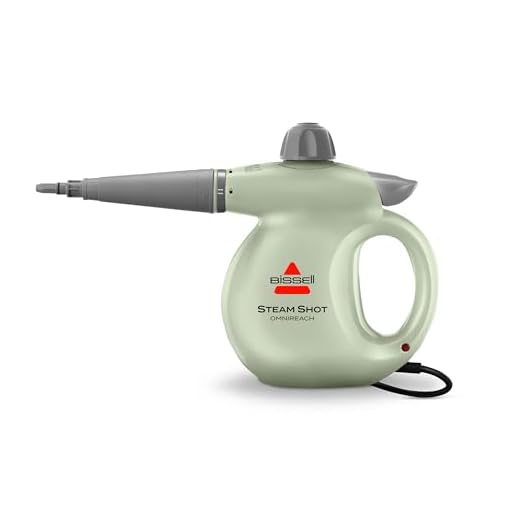

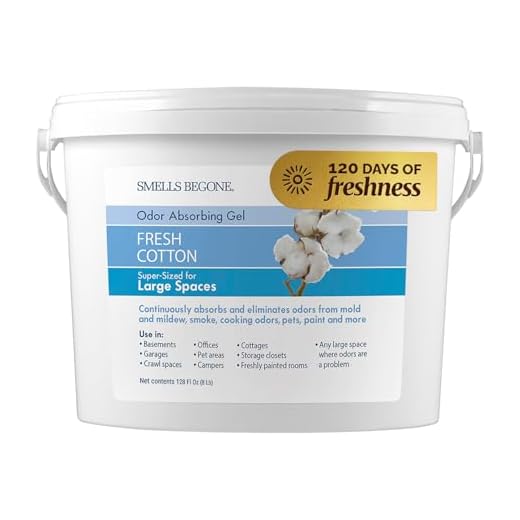
To tackle unwanted odors in your living area, consider investing in high-quality clumping material. This type of substance makes it easier to manage waste and keeps your surroundings fresh. Regular scooping, ideally at least once a day, ensures that any unpleasant aromas are minimized.
Another effective approach involves placing an odor-absorbing agent, such as baking soda, in the vicinity of the designated area. Sprinkling a thin layer on top of the substrate can neutralize lingering scents. Be sure to change the absorbing agent regularly to maintain its effectiveness.
Consider using an air purifier equipped with a HEPA filter to help cleanse the atmosphere. This device can significantly reduce airborne particles and odors, contributing to a more pleasant environment. Additionally, ensure proper ventilation in your space by opening windows or using fans to circulate fresh air.
Lastly, maintaining cleanliness is paramount. Regularly cleaning the designated area with a pet-friendly disinfectant not only keeps things tidy but also helps eliminate any residual odors that may linger. By following these strategies, you can create a more inviting atmosphere for both yourself and your guests.
Choosing the Right Cat Litter for Odor Control
I always recommend looking for clumping options. They trap moisture and odors effectively, making cleanup easier. Look for brands that contain natural ingredients, such as clay or corn, since they tend to absorb odors better than synthetic ones.
Consider silica gel crystals as another option. They absorb moisture without clumping, which helps keep the area dry and reduces unpleasant scents. These crystals can last longer between changes, saving you time and effort.
Try litters infused with baking soda or activated charcoal. These additives neutralize odors on contact, providing extra protection against lingering scents. Just remember to check the texture; some prefer softer materials for comfort.
For those who prioritize sustainability, explore biodegradable alternatives made from recycled materials like paper, wood, or corn. They can control odors while being eco-friendly, allowing you to care for the planet while keeping your space fresh.
Finally, always pay attention to the scent of the litter itself. Some brands add fragrances that can be overwhelming. Choose unscented options for a more neutral experience, ensuring they won’t clash with any other scents in your environment.
Regular Cleaning Routines to Minimize Odor
Daily maintenance is key. Scoop the box at least once a day. This simple act helps keep unpleasant scents at bay and ensures everything stays fresh. Use a scoop with a fine mesh to catch smaller clumps and avoid leaving any behind.
Weekly Deep Cleaning
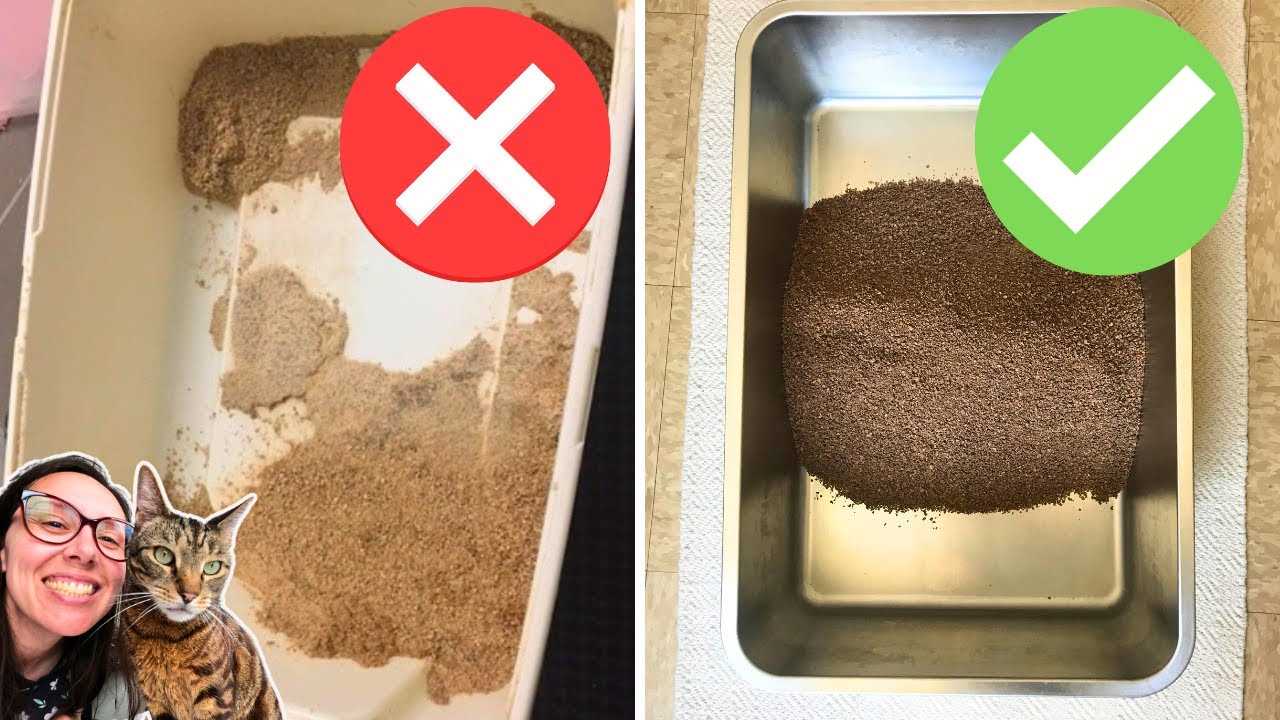
Once a week, replace all the contents of the box. Empty it completely, clean the container with warm soapy water, and let it dry thoroughly. This step removes any lingering odors that daily scooping might miss. A sprinkle of baking soda in the clean box can also help absorb any stubborn scents before adding new material.
Monitor the Environment
Check the surrounding area regularly. If I notice any lingering odors, it’s time to clean the floor and any nearby surfaces with a pet-safe cleaner. Keeping the space tidy prevents smells from building up over time. Also, ensure proper ventilation in the room to allow fresh air to circulate.
Implementing Air Freshening Solutions
Place an air purifier in areas where I spend most of my time. Models with HEPA filters capture dander and particles, significantly improving the atmosphere.
Utilize odor-neutralizing sprays specifically designed for pet environments. These products contain enzymes that break down unpleasant scents rather than just masking them.
Natural Remedies
Incorporate baking soda into your cleaning routine. Sprinkling some in the box before adding fresh substrate helps absorb unwanted odors. Additionally, placing bowls of white vinegar around rooms can naturally neutralize airborne scents.
Essential Oils and Diffusers
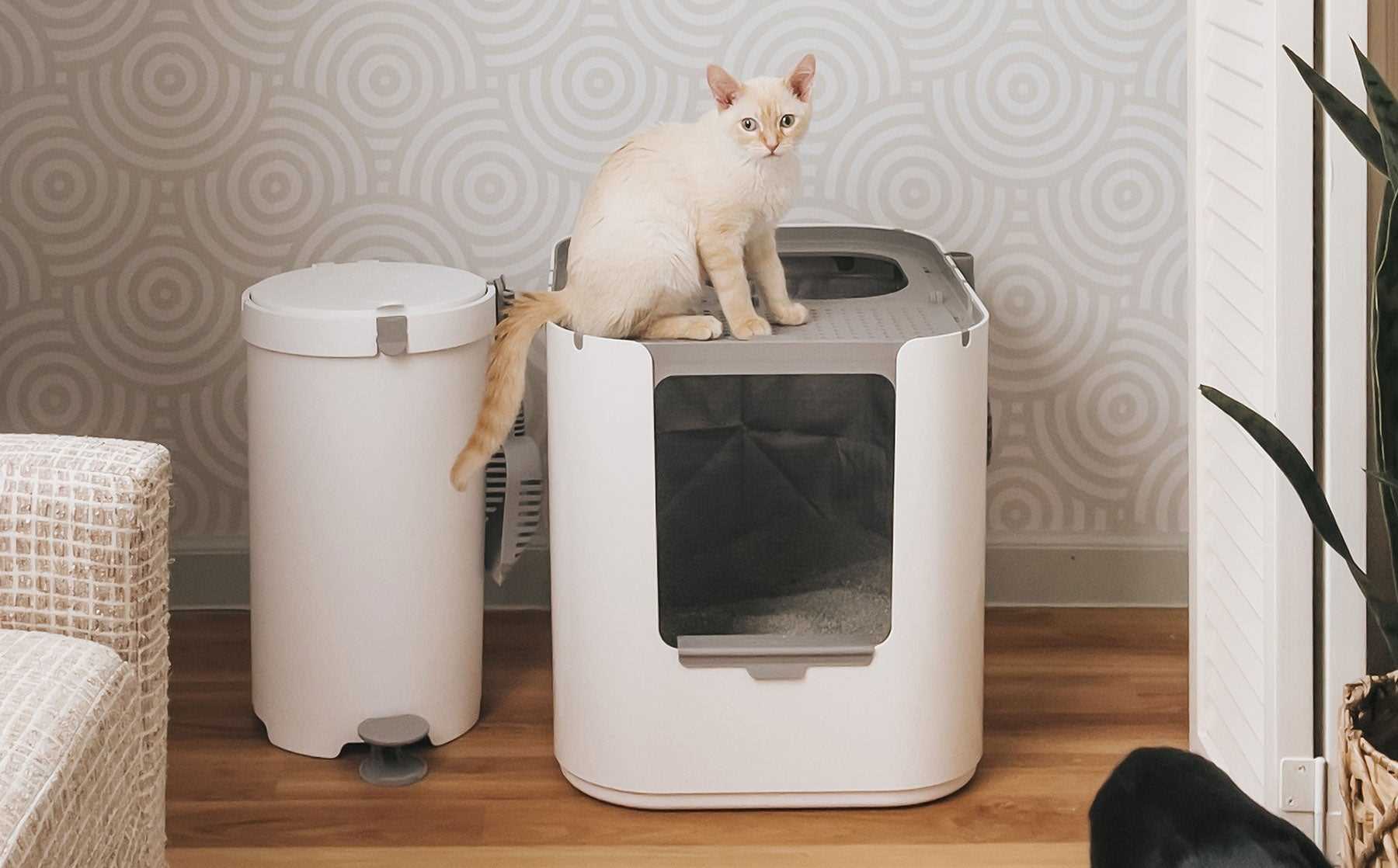
Invest in a diffuser and use pet-safe essential oils like lavender or chamomile. These scents not only freshen the air but also promote a calming environment. Ensure the area is well-ventilated to prevent overwhelming aromas.
Utilizing Baking Soda for Odor Absorption
Baking soda works wonders for neutralizing unpleasant scents. I recommend sprinkling a thin layer of it at the bottom of the box before adding any granules. This simple step can significantly reduce odors.
Here’s how to maximize its benefits:
- Apply a light dusting of baking soda on top of the substrate once a week. It helps absorb moisture and odors.
- Combine baking soda with a few drops of essential oil in a small bowl and place it nearby. This not only absorbs odors but also adds a pleasant fragrance.
- For deeper cleaning, mix baking soda with water to create a paste. Use it to scrub the box and surrounding area, then rinse thoroughly.
Regularly replacing the substrate is still important, but baking soda serves as a reliable ally in keeping the air fresher. Don’t forget to check out this link for more information: are cobra lawn mowers british.
Managing the Litter Box Location and Environment
Place the box in a quiet, low-traffic area. This allows for privacy and reduces stress during use. Avoid locations near food or water bowls to maintain hygiene. A well-ventilated space can prevent odors from lingering. Consider placing it near a window or using an air purifier nearby.
Surface Considerations
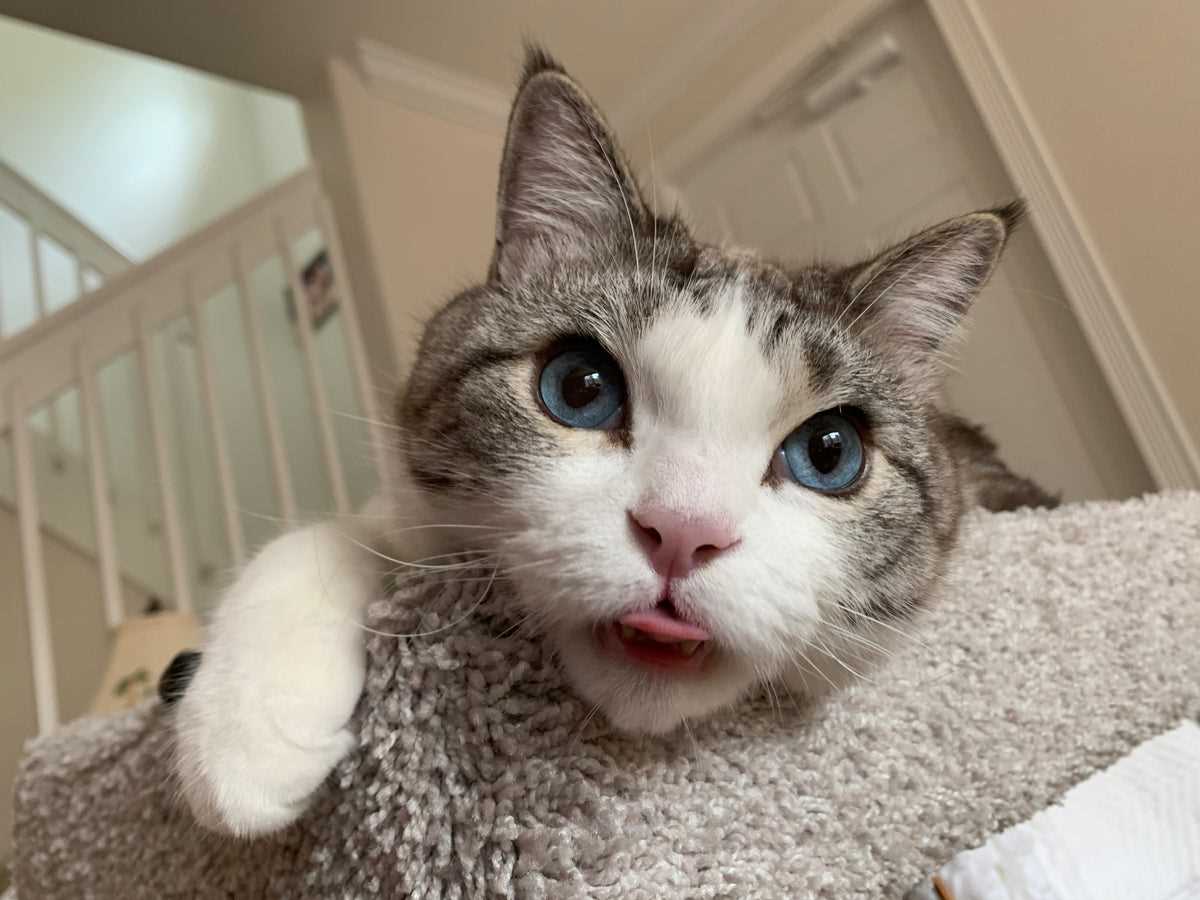
Utilize a mat beneath the box to catch stray granules and make cleaning easier. Opt for a mat with raised edges to contain any mess. Ensure the flooring is easy to clean, as spills can occur. Avoid carpets which can trap odors and moisture.
Environmental Factors
Maintain a consistent temperature in the area. Extreme heat or humidity can exacerbate odors. Ensure the room is well-lit, as dark corners can become breeding grounds for bacteria. Adding a plant can improve air quality, but choose non-toxic varieties safe for pets.
When to Consider Changing Litter Brands or Types
If the current choice isn’t managing odor effectively, switching may be necessary. Noticeable odors can indicate insufficient clumping or poor absorption; these are signs to explore alternatives. Some options are designed for advanced odor control, utilizing natural ingredients that combat unpleasant scents more efficiently.
Behavioral Changes
Observe your reactions. If you frequently avoid the area around the box, it might be time for a change. Cats can also exhibit avoidance behavior if the substrate isn’t comfortable or appealing. Testing different textures can reveal what suits your preferences best.
Health Considerations
Always consider health aspects. Certain materials may irritate sensitive paws or cause respiratory issues. If allergies or sensitivities arise, experimenting with hypoallergenic varieties can provide relief. Additionally, if health problems arise, tracking changes in habits might help pinpoint the right solution. For instance, monitoring glucose levels with the best blood glucose meter for cats can assist in understanding overall well-being.








